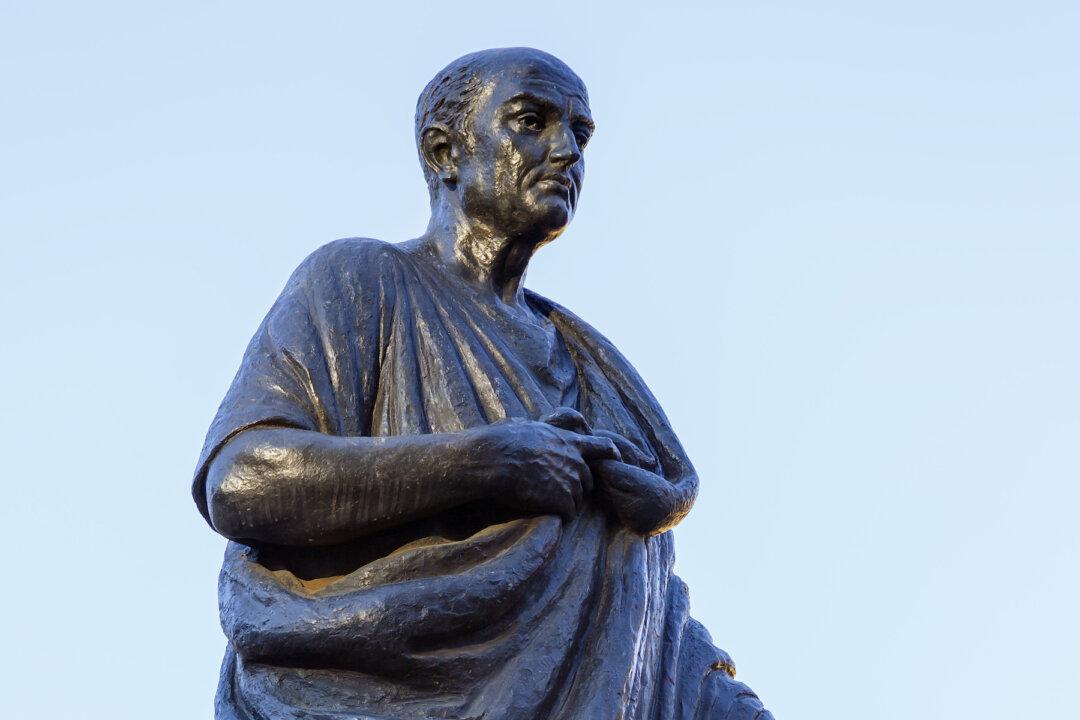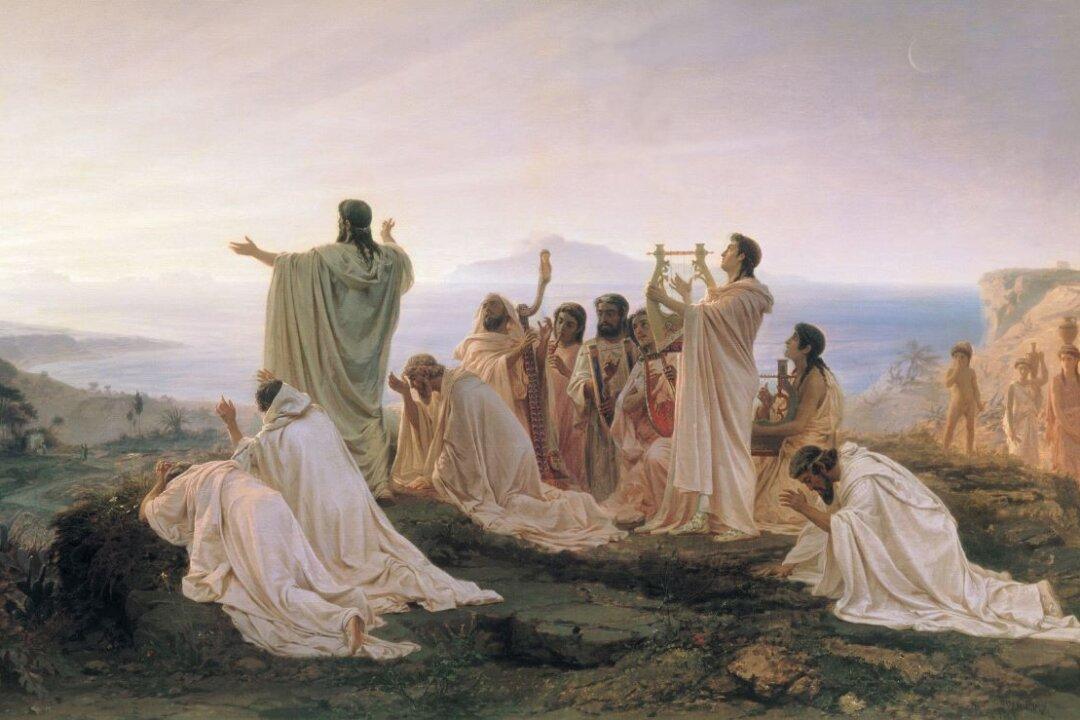Many people today feel powerless. Facing events beyond their control, from wars to environmental problems, they regress into themselves, adopting a philosophy of self-satisfaction as a way of sidestepping despair. Often tied to this is a belief that quantum physics rules the universe: If nothing is out there other than particles and quarks, why not just live for me?
During the Roman Empire, a similar school of thought competed for the minds of the nobility. Epicureanism taught that one should seek pleasure and avoid pain to navigate a random world governed by atoms swirling in a universal void. It’s a shallow life philosophy that depends on accidental circumstances to be successfully applied, most notably health and wealth. But for people who suffer misfortune and hardship, it hardly provides a satisfactory outlook on life.





